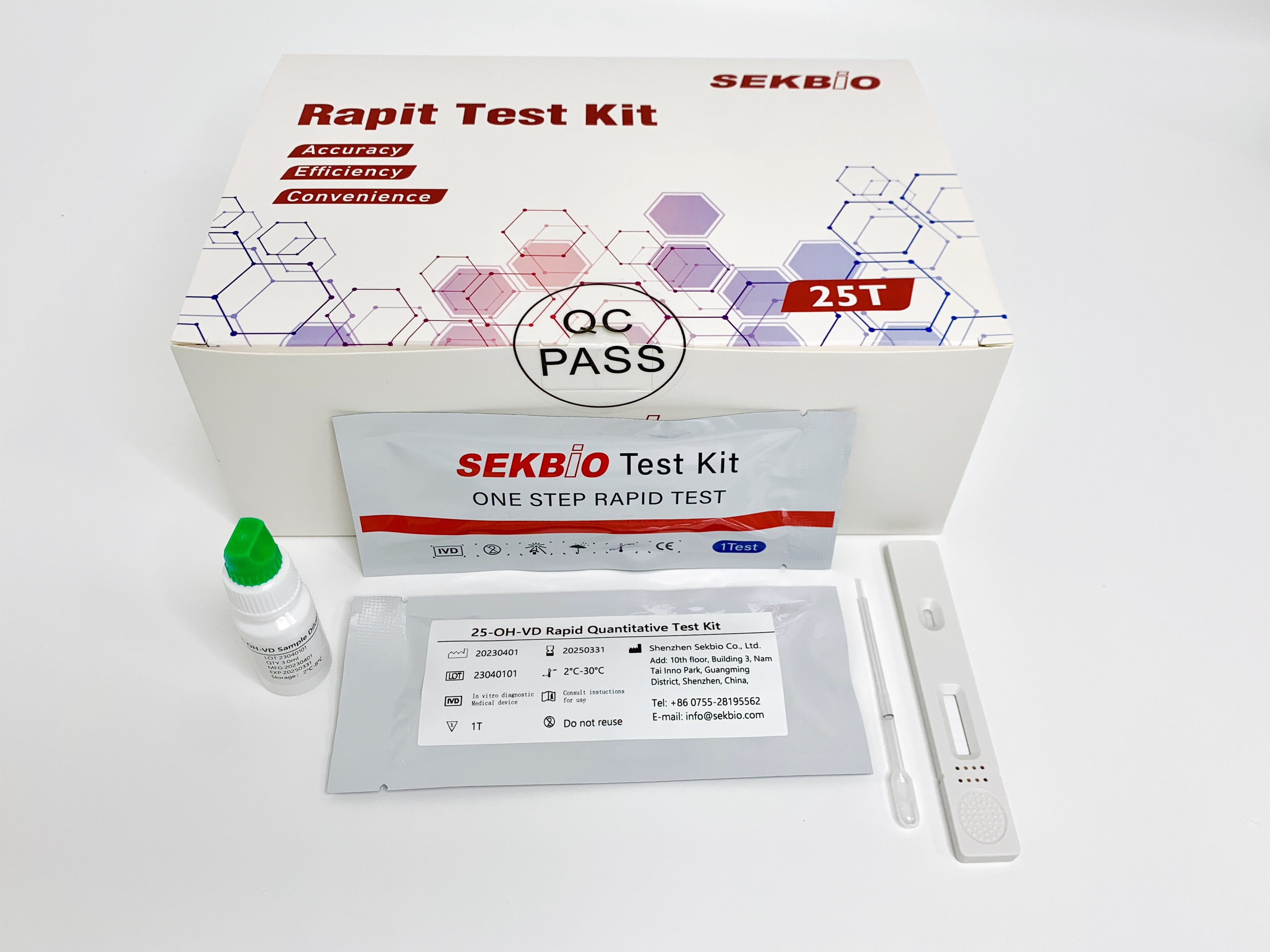World Digestive Health Day – Gut Health and Immune System Connection
Understanding the Importance of Gut Health for the Immune System
Every year on May 29th, we observe World Digestive Health Day, a reminder of the importance of gut health. Did you know that the gut is not only part of the digestive system but also a crucial component of the immune system? About 70% of immune cells are located in the gut, making it a vital line of defense against pathogens.
The Close Relationship Between the Gut and the Immune System
1. Immune Barrier:
The gut lining is made up of a layer of epithelial cells, forming a strong physical barrier that prevents harmful microbes and toxins from entering the body.
The surface of these cells is covered by a mucus layer containing antimicrobial substances, further enhancing protection.
2. Microbiota:
A healthy gut microbiota interacts with the immune system, helping to regulate immune responses and prevent excessive inflammation and immune dysregulation.
Probiotics promote the generation of regulatory T cells, maintaining immune system balance.
3. Immune Education:
Beneficial microbes in the gut help "educate" the immune system to distinguish between harmful pathogens and harmless substances, reducing the risk of allergies and autoimmune diseases.
Gut Health and Autoimmune Diseases
Research shows that gut microbiota imbalance is closely related to various autoimmune diseases. The diversity and balance of gut microbiota are crucial for preventing and managing these conditions. For example:
Systemic Lupus Erythematosus (SLE): The reduction of specific bacterial strains is associated with increased symptoms in SLE patients.
Rheumatoid Arthritis (RA): Gut microbiota imbalance may trigger intestinal inflammation, promoting the development of RA.
Type 1 Diabetes: Changes in gut microbiota may play a significant role in the onset of type 1 diabetes.
Tips for Enhancing Gut Health
1. Balanced Diet:
High-Fiber Foods: Whole grains, fruits, vegetables, and legumes help promote the growth of beneficial bacteria.
Fermented Foods: Yogurt, sauerkraut, miso, and kimchi contain probiotics that help maintain gut microbiota balance.
Reduce High-Sugar and High-Fat Diets: These foods can disrupt gut microbiota balance, increasing harmful bacteria.
2. Probiotics and Prebiotics:
Probiotics: Supplementing with probiotics can increase the number of beneficial bacteria.
Prebiotics: Inulin and fructooligosaccharides are "food" for probiotics, promoting their growth and activity.

3. Regular Exercise:
- Moderate physical activity helps promote gut motility, improve digestive function, and support healthy gut microbiota.
4. Stress Management:
- Long-term stress can affect gut microbiota balance. Practices like yoga, meditation, and other relaxation techniques can reduce stress, benefiting gut health.
5. Avoid Unnecessary Antibiotic Use:
- Antibiotics can kill beneficial gut bacteria, so use them responsibly under a doctor's guidance to avoid misuse.
SEKBIO Immunoassay Recommendations
To better understand and manage your immune health, SEKBIO offers a range of high-quality immunoassays to help you monitor your immune system:
1. Inflammation Markers:
Why Recommended: Intestinal inflammation is a common symptom of various autoimmune diseases. Monitoring inflammation markers helps in disease management.
Recommended Products: C-Reactive Protein (CRP) Assay, Interleukin-6 (IL-6) Assay.
2. Vitamin D Level:
Why Recommended: Vitamin D plays a crucial role in immune regulation. Vitamin D deficiency is linked to several autoimmune diseases. Monitoring vitamin D levels helps optimize immune function.
Recommended Product: 25-OH-VD Assay.

3. FOB Rapid Test :
The FOB rapid test, also known as the Fecal Occult Blood test, is a diagnostic tool used to detect hidden (occult) blood in the stool, which is not visible to the naked eye. The presence of blood in the stool can be an indication of various conditions, including colorectal cancer, polyps, ulcers, and gastrointestinal bleeding.
4. H.Pylori Antigen And H. Pylori Antibody :
The H. pylori rapid test is a diagnostic tool used to detect Helicobacter pylori, a type of bacteria that can cause infections in the stomach. This bacteria is associated with various gastrointestinal conditions, such as peptic ulcers, chronic gastritis, and even stomach cancer. The rapid test offers a quick and non-invasive method to identify the presence of H. pylori.
Conclusion
On World Digestive Health Day, let's acknowledge the importance of gut health for the overall immune system. By maintaining a balanced diet, engaging in regular exercise, managing stress, and using antibiotics responsibly, we can sustain a healthy gut microbiota and enhance immune function. SEKISBIO's immunoassays will be your strong ally in maintaining your health. Focusing on gut health not only helps in preventing and managing autoimmune diseases but also improves overall health. If you have any gut health concerns or questions, please consult with healthcare professionals.

















